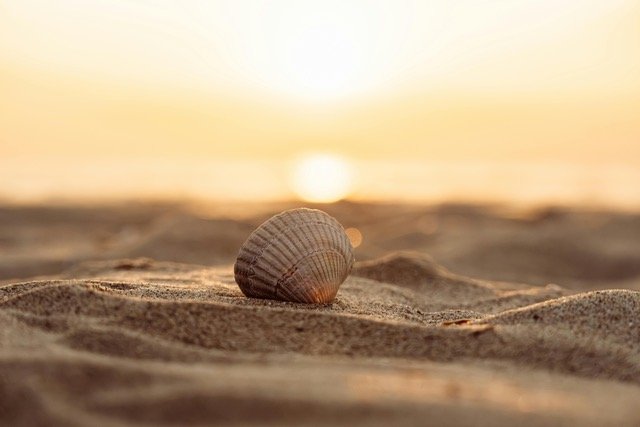Time in Zanzibar: Fascinating Guide to Sunrise, Sunset and Swahili Time
Discover why sunrise and sunset in Zanzibar happen almost at the same time every day. Learn about Zanzibar time zone, Swahili time, daylight hours and travel tips for planning your day.

Time in Zanzibar: Fascinating Guide to Sunrise, Sunset and Swahili Time
Understanding Time in Zanzibar Many travelers are surprised by how different time in Zanzibar feels compared to Europe or North America. Because the island lies close to the equator, sunrise and sunset happen almost at the same time every day. This steady rhythm shapes local life and even influences the traditional Swahili way of […]

Understanding Time in Zanzibar
Many travelers are surprised by how different time in Zanzibar feels compared to Europe or North America. Because the island lies close to the equator, sunrise and sunset happen almost at the same time every day. This steady rhythm shapes local life and even influences the traditional Swahili way of telling time.
👉 If you are planning your holiday, check our guide on Best Time to Visit Zanzibar for tips on when to experience the island at its best.
Zanzibar’s Location Near the Equator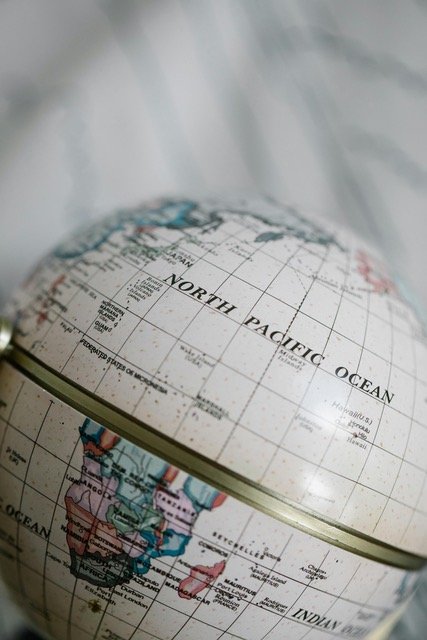
Zanzibar is located just south of the equator, which means the island experiences nearly equal hours of daylight and night throughout the year. Unlike in Europe or North America, where summer days are long and winter days are short, in Zanzibar the variation is very small.
Why Daylight Hours Stay Almost the Same
Because of its equatorial position, time in Zanzibar follows a steady rhythm. The sun rises around 6:20–6:30 AM and sets close to 6:30–6:40 PM every day. The difference between the longest and shortest day of the year is less than half an hour. For travelers, this makes planning simple – no matter when you visit, you can count on about 12 hours of daylight and 12 hours of night.
Local Swahili Way of Telling Time
How the Day Starts at Sunrise
In Zanzibar and along the Swahili coast, people 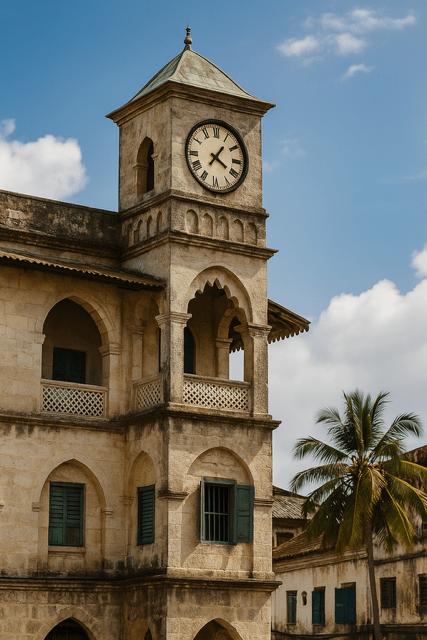 traditionally measure time differently from Europe or North America. The day does not begin at midnight but at sunrise. Around 6:00 AM, when the sun comes up, locals call it saa moja asubuhi – the first hour of the morning.
traditionally measure time differently from Europe or North America. The day does not begin at midnight but at sunrise. Around 6:00 AM, when the sun comes up, locals call it saa moja asubuhi – the first hour of the morning.
👉 If you want to dive deeper into local history and daily life, don’t miss our article on Stone Town Zanzibar.
Overview: European Time vs. Swahili Time
Swahili time starts counting at sunrise, so the day begins at 6:00 in the morning. This means Swahili time is always six hours different from European time.
|
European Time |
Swahili Time |
European Time |
Swahili Time |
|---|---|---|---|
|
6:00 |
12:00 |
18:00 |
12:00 |
|
7:00 |
1:00 |
19:00 |
1:00 |
|
8:00 |
2:00 |
20:00 |
2:00 |
|
9:00 |
3:00 |
21:00 |
3:00 |
|
10:00 |
4:00 |
22:00 |
4:00 |
|
11:00 |
5:00 |
23:00 |
5:00 |
|
12:00 |
6:00 |
0:00 |
6:00 |
|
13:00 |
7:00 |
1:00 |
7:00 |
|
14:00 |
8:00 |
2:00 |
8:00 |
|
15:00 |
9:00 |
3:00 |
9:00 |
|
16:00 |
10:00 |
4:00 |
10:00 |
|
17:00 |
11:00 |
5:00 |
11:00 |
👉 For a clear explanation of how Swahili time counts from sunrise see this short lesson from Baylor University.
Tips for Travellers
Most hotels, restaurants, and tour operators in Zanzibar use international time, so visitors rarely face any confusion. However, when chatting with locals or arranging something informally, you may hear the traditional Swahili way of telling time. It is part of daily life and culture, and locals are usually happy to explain it if you ask. Understanding this tradition is a fun way to connect with people and adds another layer of cultural insight into time in Zanzibar.
Average Sunrise and Sunset Times in Zanzibar
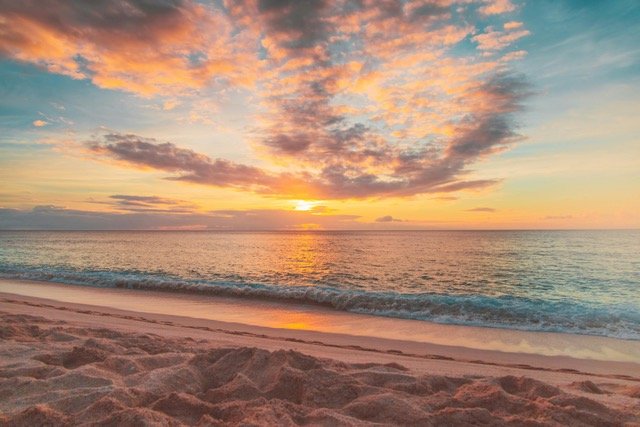
One of the reasons why time in Zanzibar feels so steady is that sunrise and sunset only change by a few minutes throughout the year. Travelers can count on almost 12 hours of daylight every day.
|
Month |
Average Sunrise |
Average Sunset |
|---|---|---|
|
January |
6:22 AM |
6:47 PM |
|
March |
6:21 AM |
6:29 PM |
|
June |
6:29 AM |
6:29 PM |
|
September |
6:18 AM |
6:26 PM |
|
December |
6:19 AM |
6:37 PM |
As the table shows, even between the longest and shortest days, the difference is less than 30 minutes. For visitors, this consistency means simple planning and no seasonal surprises. But the steady rhythm of sunrise and sunset is more than just a practical detail. It also shapes daily routines, tourism activities, and the special atmosphere of evenings on the island. Let’s look at how constant daylight impacts life in Zanzibar.
How Constant Daylight Impacts Daily Life and Tourism
Planning Tours and Excursions
Because sunrise and sunset in Zanzibar hardly change, travelers can plan activities with confidence. Whether it’s a spice farm visit, a snorkeling trip, or exploring Stone Town, you will always have about 12 hours of daylight to enjoy.
👉 For more ideas on what to do from morning till evening, see our list of Top Things to Do in Zanzibar.
Best Times for Photography and Beach Sunsets
Evenings are especially popular because sunsets over the Indian Ocean create 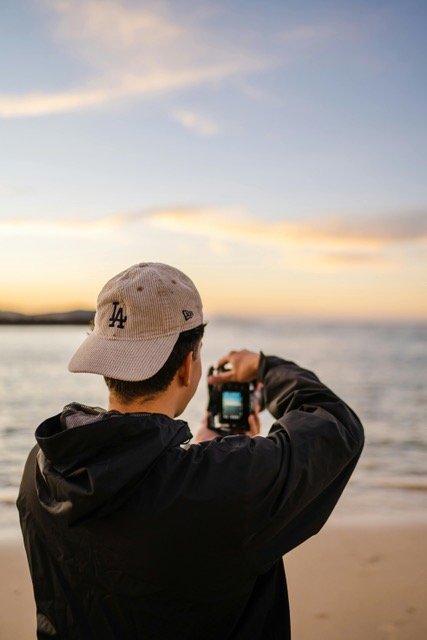 unforgettable views. The consistent timing makes it easy to capture great photos no matter the season, especially on the island’s west facing beaches. Mornings are just as magical because watching the sunrise from the east coast of Zanzibar is an experience worth waking up early for with golden light spreading across the ocean.
unforgettable views. The consistent timing makes it easy to capture great photos no matter the season, especially on the island’s west facing beaches. Mornings are just as magical because watching the sunrise from the east coast of Zanzibar is an experience worth waking up early for with golden light spreading across the ocean.
Why Evenings in Zanzibar Feel Special
The steady rhythm of the sun creates a calm routine. Around 6:30 PM, as the sun sets, locals gather, markets wind down, and tourists enjoy the relaxed atmosphere by the sea. Evenings are one of the highlights of time in Zanzibar, whether you are walking along the beach, enjoying a seafood dinner, or watching the sunset from a rooftop bar in Stone Town with panoramic views over the Indian Ocean. This natural cycle is part of what makes life in Zanzibar feel so unique and memorable.

Final Thoughts on Time in Zanzibar
Time in Zanzibar is unique because the island lies so close to the equator. Sunrise and sunset happen at nearly the same time every day, creating a steady rhythm that shapes both local life and tourism. From the traditional Swahili way of telling time to the unforgettable sunsets over the Indian Ocean, this consistency makes planning simple and experiences memorable. Whether you are exploring Stone Town, joining a spice tour, or relaxing on the beach, the rhythm of time in Zanzibar will always be part of what makes your trip truly special.
FAQ About Time in Zanzibar
Does Zanzibar have daylight savings?
No. Zanzibar follows East Africa Time (UTC +3) all year round and does not switch to daylight savings.
What time is sunrise and sunset in Zanzibar?
Sunrise in Zanzibar is usually between 6:20 and 6:30 AM, while sunset happens around 6:30 PM. The times hardly change during the year.
How do locals tell time in Zanzibar?
Traditionally, Swahili time starts at sunrise. For example, 7:00 AM international time is called 1:00 in Swahili time.
What is the time difference between Zanzibar and Europe or the USA?
Zanzibar is 2 hours ahead of Central Europe in winter and 1 hour ahead in summer. Compared to New York, it is usually 7 or 8 hours ahead, depending on daylight savings.
Book now
You are just one click away from a perfect holiday at Tulia.
Just make your booking now and we will take care of everything else.
Complimentary services for every reservation:
 free airport transfer
free airport transfer free welcome drink
free welcome drink free first massage
free first massage free yoga sessions
free yoga sessions free kayaks
free kayaks free paddleboard
free paddleboardPrices checked by guests in the last 24h. Secure your room now.
Booking.com rating 9,5 I Tripadvisor rating 4,9/5
